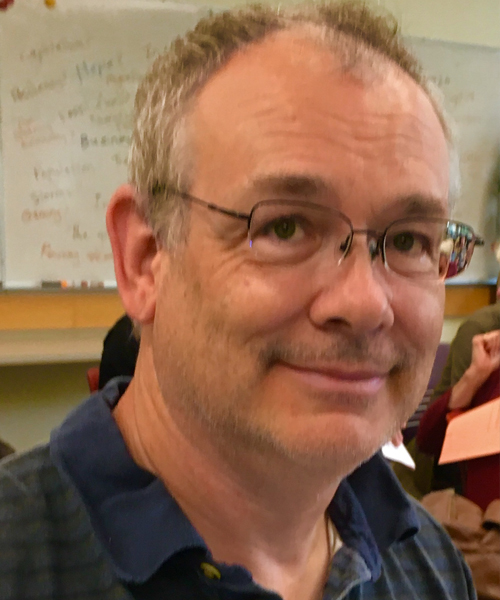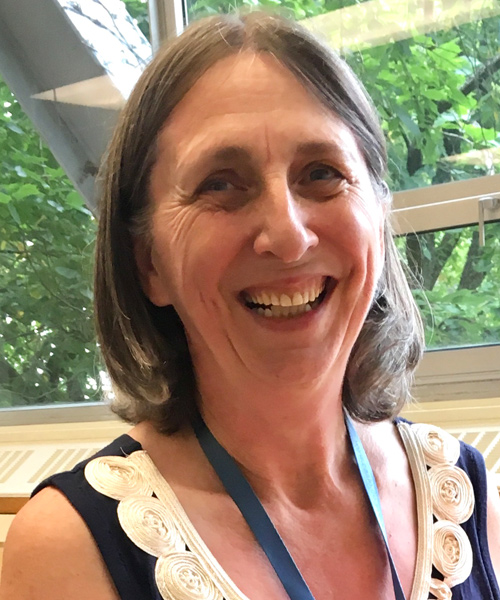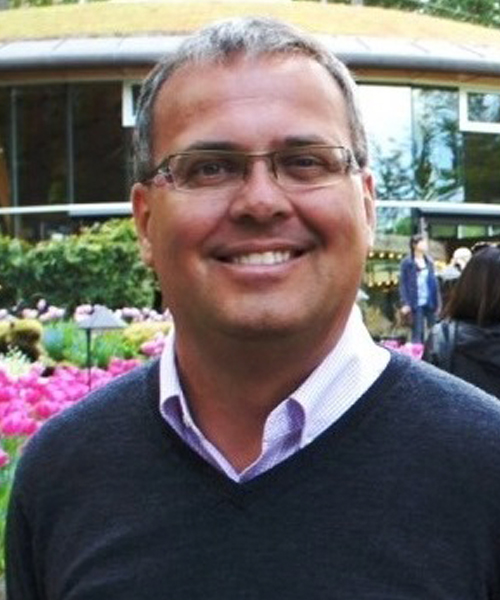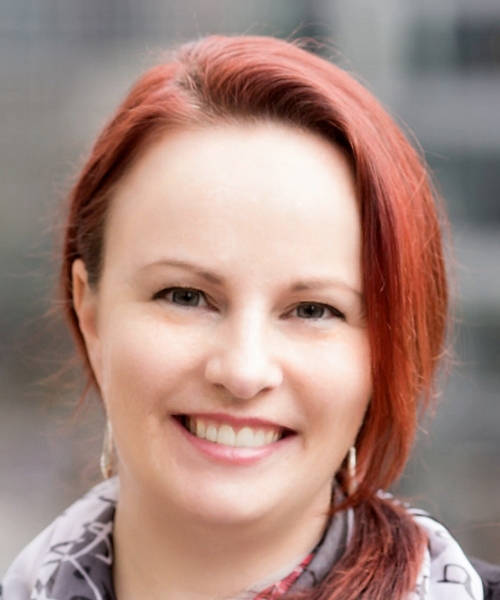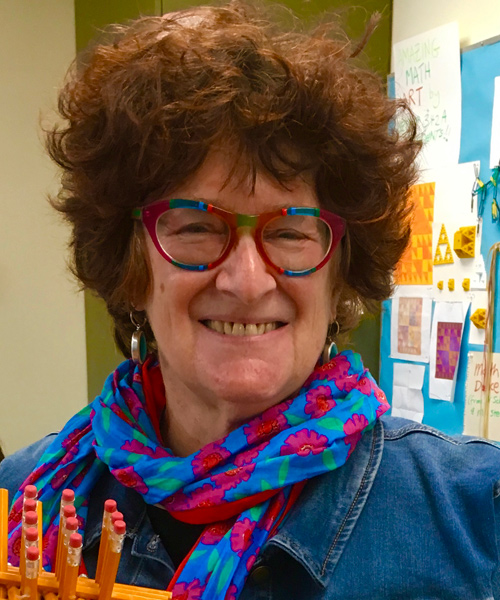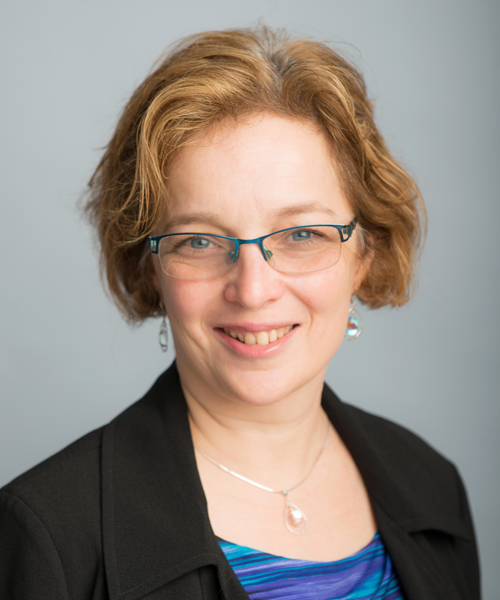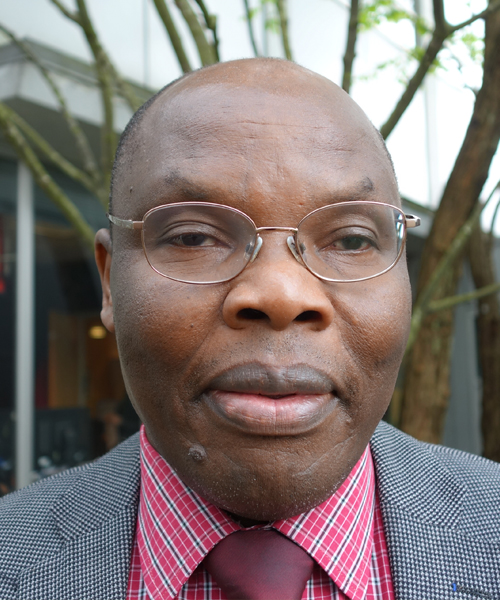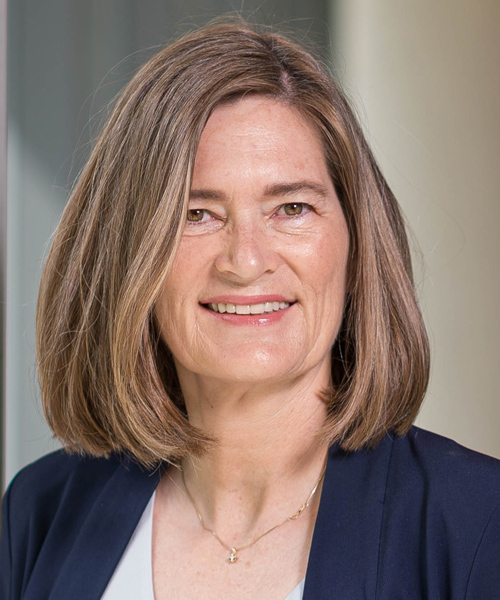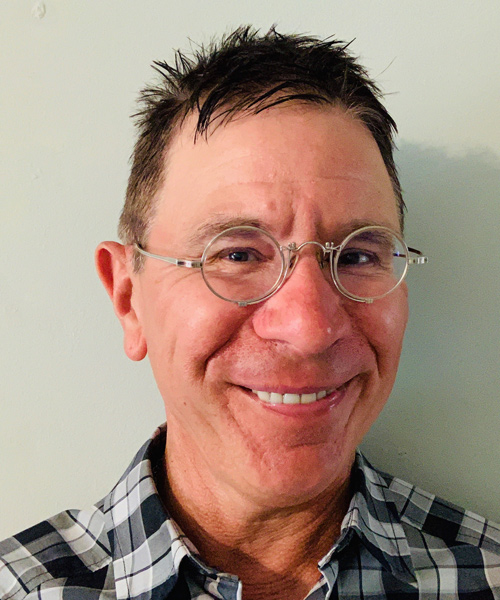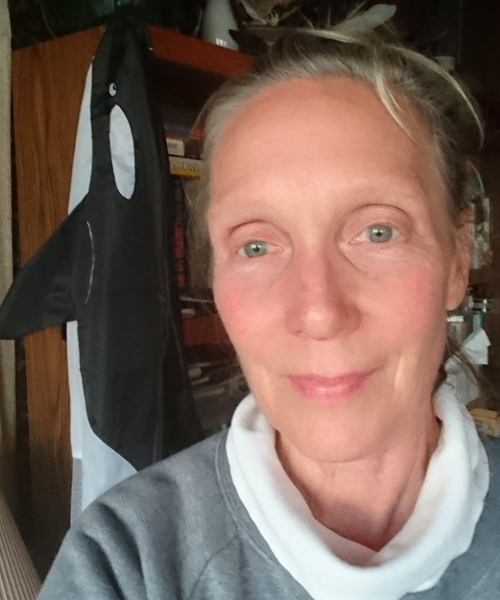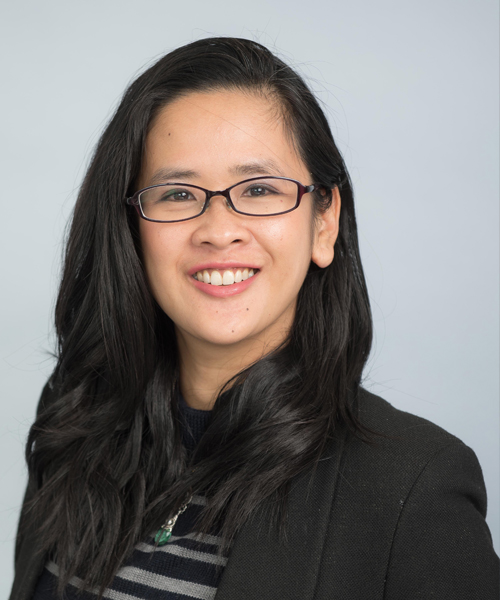Douglas Adler
Before joining UBC I was an elementary school teacher. My experiences in and outside the classroom prompted me to pursue a MA and PhD in Science Education. I teach elementary science methods and graduate courses in research methods and science education. My research focuses on elementary science, science education and teacher education.
Ann Anderson
Has research interests in early childhoon education, mathematics in context, multiple literacies in the early years (2-6 years), parents and mathematics learning, and mathematics education.
David Anderson
Dr. David Anderson is a Professor in the fields of Visitor Studies, Museum Education and Science Education, and is the Director of the Master of Museum Education (MMEd) degree program at UBC. He has made significant contributions to these fields through initiating, reforming and strengthening collaborations between museums, schools and universities. Through these reforms his work has been instrumental in energizing the remarkable wealth of cultural, historic, and social significance represented in museum institutions. He is a Japan Foundation, Ritsumeikan and Unversitas 21 Research Fellow, and his research contributions span the Globe, but have had particular impact and relevance for the nations of Asia, including China, Malaysia, Thailand, India and Japan.
Jillianne Code
Dr. Code is interested in learning design, learner agency, self-efficacy, self-regulated learning, formative assessment, situated and embodied cognition, immersive learning, virtual learning environments, virtual augmented and mixed reality for learning.
Susan Gerofsky
Susan Gerofsky brings experience in a number of fields to bear in an innovative and interdisciplinary approach to mathematics education and environmental education and curriculum theory. She holds degrees in languages and linguistics as well as mathematics education, and worked for twelve years in film production, eight years in adult education (including workplace and labour education), and nine years as a high school teacher with the Vancouver School Board. Dr. Gerofsky has been involved in interdisciplinary research and teaching involving embodied, arts-based mathematics education, garden-based environmental education, applied linguistics, and film.
Marina Milner-Bolotin
Dr. Marina Milner-Bolotin is a science educator within the Department of Curriculum and Pedagogy. She specializes in science (physics and mathematics) teaching and studies ways of using technology to promote student interest in STEM (science, technology, engineering and mathematics). For the last 25 years she has been teaching science and mathematics in Israel, US (Texas and New Jersey) and Canada. Before joining UBC, she was an Assistant Professor of Physics at Ryerson University in Toronto. Dr. Milner-Bolotin was a member of the Executive Board of the American Association of Physics Teachers (AAPT, 2008-2013) and was a President and a representative for BC Section of AAPT.
Samson Nashon
Dr. Nashon is a science educator. His research focuses on ways of teaching and learning. His area of specialization focuses on students’ alternative understandings that have roots in cultural backgrounds and curricula, and are accommodative of students with varying degrees of abilities. His research is dominantly qualitative, borrowing primarily from contemporary theories of constructivism. His most recent research projects include the ongoing Metacognition and Reflective Inquiry (MRI), East African Students’ Ways of Knowing (EASWOK), The Status of Physics 12 in BC, The Nature of Analogies Kenyan Physics Teachers Use, and Students’ Access To Senior Science and Mathematics Courses in Rural BC. Previous studies include, The Role of Practical Work in Science, and The Kind of Science in Kenyan “Harambee” Schools.
Cynthia Nicol
Cynthia Nicol is an Associate Professor in the Department of Curriculum and Pedagogy in the UBC Faculty of Education. She lived and taught on Haida Gwaii in B.C.’s Pacific Northcoast before moving to Vancouver to pursue her doctoral studies. With teachers and communities she is exploring new ways of making mathematics responsive to all learners by connecting math, community and culture, emphasizing place and community-based education, and exploring social justice issues through mathematics.
Stephen Petrina
Dr. Petrina is a Professor (MTSE) in the Department of Curriculum and Pedagogy at the University of British Columbia. He specializes in Media and Technology Studies (MTS), Science and Technology Studies (STS), Science, Technology, Engineering, and Mathematics education (STEM), Design and Technology Education (D&T), and of course Curriculum Studies. He is a Fellow in the Institute for Public Education BC. He has authored or co-authored 120 publications, including 43 Refereed Articles, 14 Refereed Proceedings, 32 Scholarly Responses and Non-Refereed Publications, 2 Books, and 29 Book Chapters, in addition to dozens of technical reports.
Sandra Scott
Before joining UBC I was a classroom teacher and also worked as a marine educator and park naturalist. These experiences prompted me to pursue a MA and PhD in Science and Environmental Education. I teach elementary science methods as well as courses in communications, environmental learning, and research methods. I enjoy working with Teacher Candidates and undergraduate science students in my role as Faculty Advisor with the Teacher Education Office. My research focuses on elementary science, environmental education, and teacher education. I view myself as a naturalist, scientist, and educator of, for, and in the environment; I am a passionate advocate for learning experiences that nurture our sense of wonder for the human and more than human world.
Michelle Tan
I am a teacher and science educator. My teaching and research interests include teacher education, collaborative teacher inquiry and reflective practice, STEM, Science Education, and Outdoor Education and learning. My research focuses on promoting learning that is meaningful and engaging for learners. This includes exploring how students learn through a variety of methods, such as place-based learning, problem-based learning, conceptual learning, through variation, and outdoors. I pay special attention to how students engage with society and confront local community issues that are culturally responsive and informed by disciplinary knowledge and methods. I am interested in how classroom learning can cultivate students’ impetus for social action; in the context of science education, I engage with how teachers and students learn to tackle socioscientific and sociopolitical issues. My research focuses on finding the spaces for students to develop awareness and confront of issues of marginalization faced by minority groups within our society.
